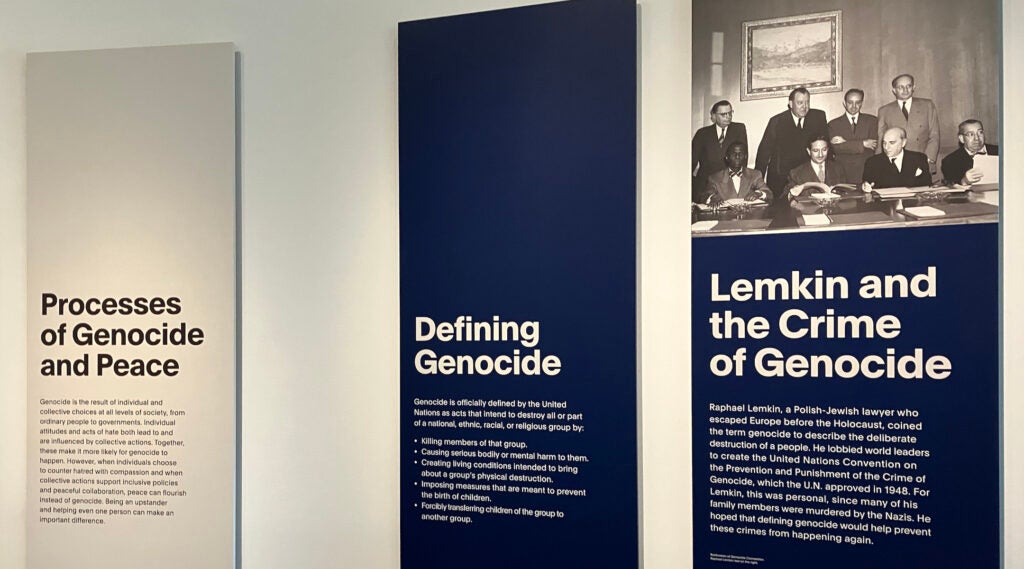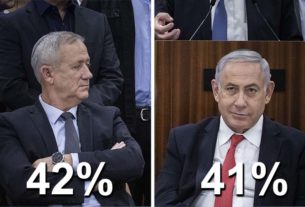A major association of genocide scholars has passed a resolution saying that Israel’s two-year military campaign in Gaza constitutes genocide.
Israel’s Foreign Ministry immediately rejected the determination, accusing the scholars of having been swayed by “Hamas’ campaign of lies,” and a Jewish former member of the association’s advisory board raised questions about the process leading up to the resolution.
Still, the resolution by the International Association of Genocide Scholars, announced on Monday, represents a potent addition to an increasingly intense debate over Israel’s conduct in Gaza, where it has been waging war since Hamas attacked Israel from the enclave on Oct. 7, 2023.
The resolution calls Hamas’ attack “horrific” and says it constituted “international crimes” but cites casualty figures, statements of Israeli government officials, the determination of human rights groups including one in Israel and Prime Minister Benjamin Netanyahu’s apparent support for relocating Gazans to conclude “that Israel’s policies and actions in Gaza meet the legal definition of genocide.”
Israeli Prime Minister Benjamin Netanyahu has scoffed at the genocide allegation, saying last month, “If we wanted to commit genocide, it would have taken exactly one afternoon.” Gaza’s Hamas-run health ministry says 63,000 people there have died in the war, out of a population of more than 2 million.
But genocide scholars say the wholesale murder of a group is not required for genocide to occur. They use a definition devised in the wake of the Holocaust and adopted by the United Nations in 1948, the same year Israel gained independence. Under the definition, genocide has occurred if some members of a group are killed or injured or the “group conditions of life” are deliberately harmed with the intent to destroy the group.
In recent months, a growing number of genocide scholars, including Jewish and Israeli ones, have said they have become convinced that Israel’s campaign meets the standard, though there remain some dissenters. According to the scholars’ association, 86% of those voting on the resolution supported it.
A former member of the association’s advisory board, Sara Brown, who is now a regional director of the American Jewish Committee in California, said the vote tally was misleading because most members did not vote and dissent was quashed.
“The process was a disaster from start to finish. Those of us against the resolution tried to submit our concerns for discussion but were blocked by the leadership,” Brown said in a statement. “We were promised a town hall, which is a common practice for controversial resolutions, but the president of the association reversed that. The association has also refused to disclose who were the authors of the resolution. Anyone who considers themself a genocide scholar should feel embarrassed by this vote.”
The Times of Israel reviewed emails validating Brown’s claim that a town hall meeting had been promised and then not held, the Israeli news organization reported.
The association’s resolution came as details were emerging from a White House meeting about postwar planning for Gaza that took place last week. According to The Washington Post, the meeting focused on a proposal, developed in part by Israelis involved in a troubled U.S.-run humanitarian aid effort, to pay Gazans to leave and redevelop the territory as a resort and technology hub.
Keep Jewish Stories in Focus.
(JEWISH REVIEW) has documented Jewish history in real-time for over a century. Keep our journalism strong by joining us in supporting independent, award-winning reporting.




